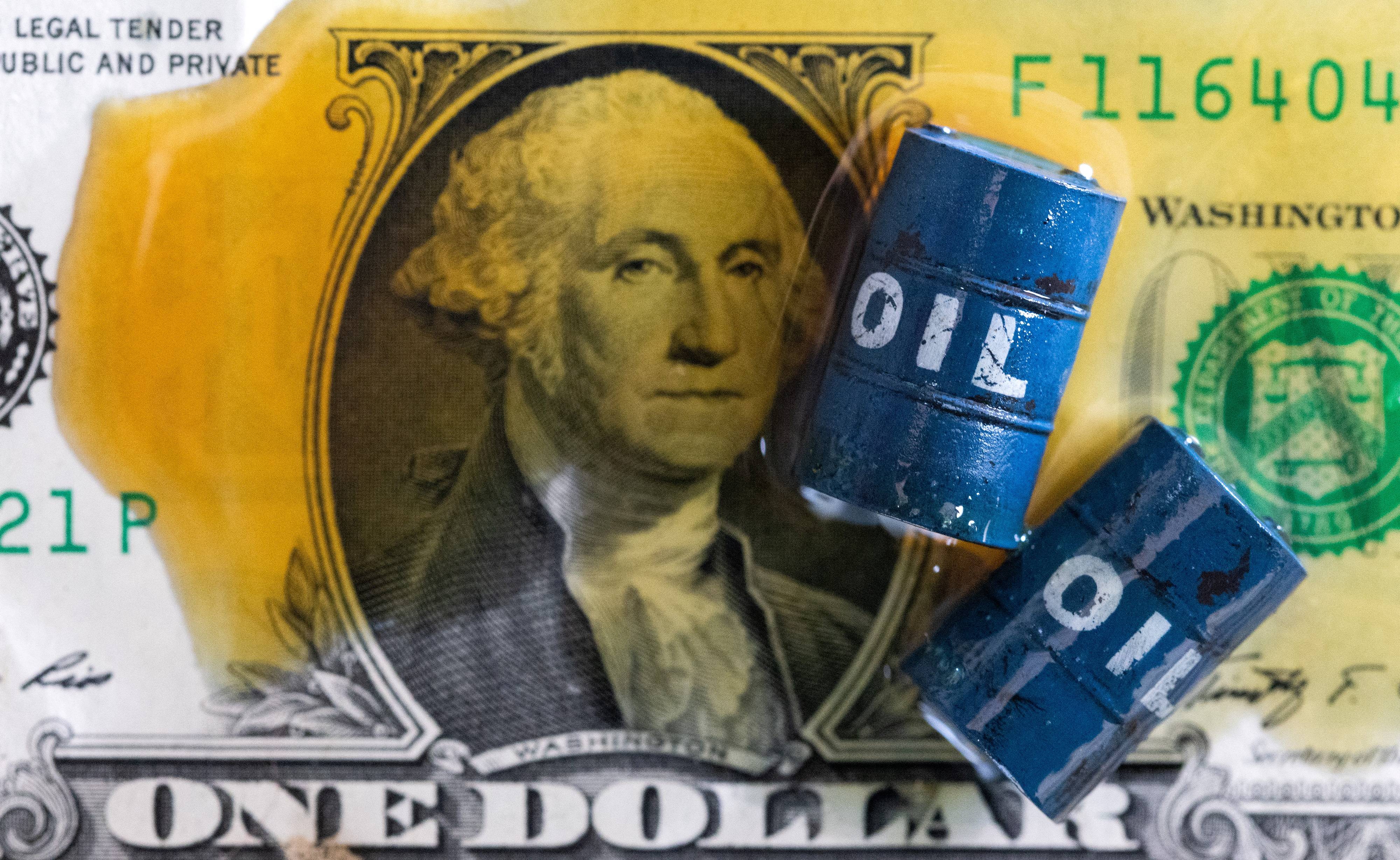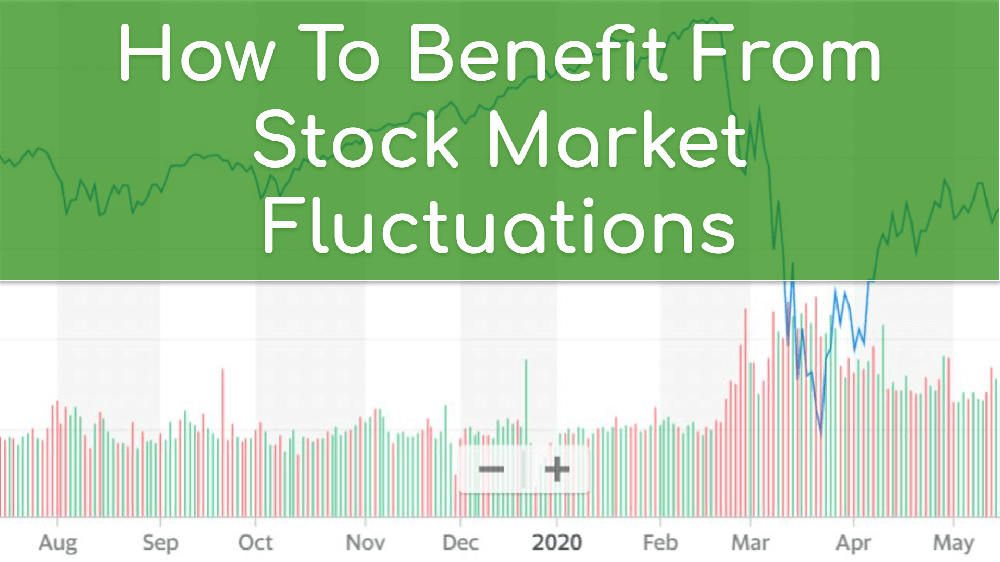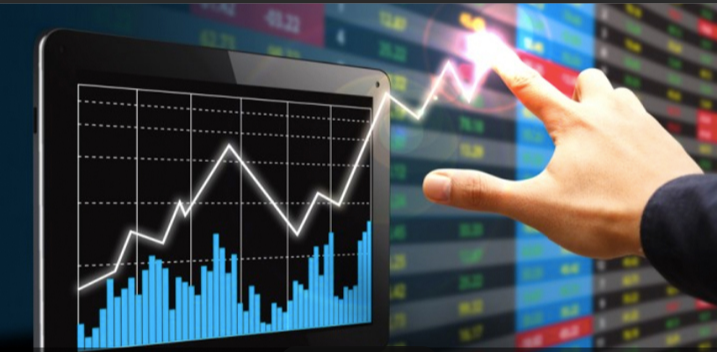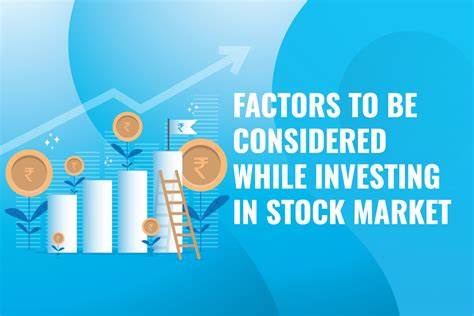Morning Bid: Oil slide, Walmart stoke disinflation speculation

Oil, miniatures of oil barrels and U.S. dollar banknote are seen in this illustration taken, June 6, 2023. REUTERS/Dado Ruvic/Illustration/File Photo Acquire Licensing Rights
Nov 17 (Reuters) - A look at the day ahead in European and global markets from Wayne Cole.
Asia has been in a contemplative mood so far on Friday after another week of wild swings in bonds, equities and commodities. The oil market was the latest to be visited by volatility as prices slid almost 5% overnight, in part due to concerns about oversupply and diminishing demand.
Speculation also played a part as algos, CTAs, and trend following funds took to selling when Brent broke $80 a barrel, with the drop from $80.70 to $78.40 coming in a single hour of trade. It was idling around $77.60, after finding support at $76.60.
That's a long way from the September peak of $97.69 and comes despite wars in Ukraine and the Middle East. Presumably OPEC+ will have something to say about this ahead of their next meeting on Nov. 26.
The drop bodes well for a further decline in headline inflation globally and should go down well with U.S. consumers where confidence is closely correlated to the price of gas.
Talking of disinflation, Walmart (WMT.N) executives on Thursday noted prices of general merchandise goods such as apparel and home goods had fallen between 3% and 6%, and it was planning on cutting further for the holiday season. The spectre of margin compression, however, took 8% off its share price.
All of this, plus a rise in weekly jobless claims, was a balm for bonds and two-year Treasury yields are down 21 basis points for the week at 4.85%, their best weekly performance since March.
Fed fund futures have priced out almost any risk of another rate hike from the Federal Reserve and a 34% probability it might ease as early as March. The market now implies 98 basis points of cuts next year, compared with 73 basis points a week ago.
Interestingly, analysts at Westpac note U.S. economic data has been exhibiting a pattern of residual seasonality post-pandemic where the news is strong mid-year and through Q3, only to soften into year's end. If that holds, the bond rally will likely have further to run.
Key developments that could influence markets on Friday:
- Data on EU final CPI inflation for Oct and Sept current account. UK retail sales for Oct
- Appearances by ECB President Christine Lagarde, ECB officials De Cos, Holzmann and Cipollone
- BoE's Greene and Ramsden speak
- Fed speakers include Barr, Daly, Collins and Goolsbee. U.S. data on housing starts for Oct
By Wayne Cole; Editing by Muralikumar Anantharaman
Our Standards: The Thomson Reuters Trust Principles.
What is the principle of stock fluctuations?
The principle of stock fluctuations is the idea that the prices of stocks change due to the forces of supply and demand, as well as other factors that influence the expectations and behaviors of buyers and sellers.Supply and demand are the basic elements of any market, and they determine how much of
Simple and efficient stock trading strategies
I’m glad you’re interested in learning about simple and efficient stock trading strategies. There are many ways to trade stocks, but some of the most common and effective ones are:Price-signal trading: This strategy involves identifying a level at which the stock price has met support or resistanc
What is the most important factor in making big money from stock investment?
There is no definitive answer to what is the most important factor in making big money from stock investment, as different investors may have different opinions, preferences, and strategies. However, some common factors that many experts and successful investors agree on are:Patience: Stock investin
What is the fundamental logic of making money from stocks?
The fundamental logic of making money from stocks is to buy low and sell high. This means that you want to buy stocks when they are undervalued by the market, and sell them when they are overvalued by the market. The difference between the selling price and the buying price is your profit.There are








